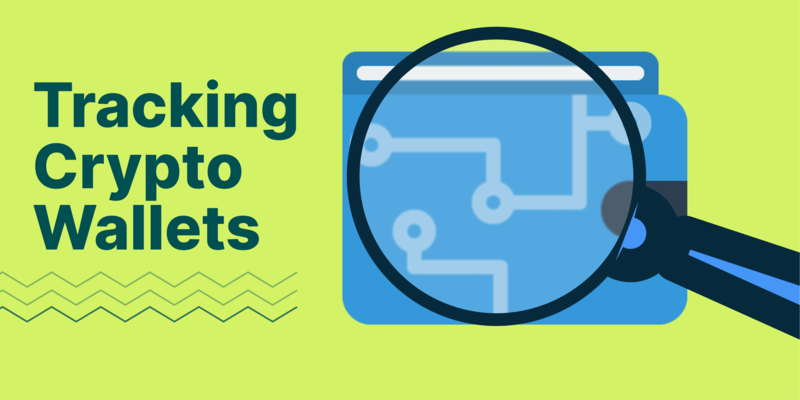In the constantly evolving digital world of cryptocurrency One of the most fundamental devices for taking part in this digital market is the crypto wallet. This essential piece of technology is usually misunderstood and, more importantly, ignored by novices looking to enter the digital world. However, it is the foundation of crypto security and the management of transactions. It is like an account at a bank, but operates with a different set of rules.
The crypto wallet, in the core is a device that lets users keep, transfer or receive cryptocurrency such as Bitcoin, Ethereum, and numerous other altcoins. It is important to realize that thinking of the device as just an instrument for storage is a denial of the complexity of its functions and capabilities. It is a blockchain that interacts that allow users to keep track of their balance, perform transactions, and link to an array of different apps. Contrary to conventional wallets, crypto wallets aren’t able to store currencies physically; rather, they hold safe digital keys that verify the ownership of digital assets as well as enable users to perform transactions.

Crypto wallets can be classified in cold and hot wallets. Hot wallets can be connected to the web and make it convenient for regular traders as well as users because of their availability. They typically come in the form of software -either on mobile or desktop or web-based platforms. But, because they are online, that they are susceptible to hacking as well as security breach. However cold wallets, which are storage options that are not online that are not online, like physical wallets, or even paper ones and are considerably more secure since they are protected from online threats, but not as convenient for transactions that happen every day. For more information please visit here Swiftcoin
If they are choosing a wallet for crypto the user must take into account their own individual requirements for safety, convenience, as well as performance. For instance, users who do a lot of trading may prefer towards a hot-wallet due to convenience however, long-term investors may prefer the safety that comes with a cold wallet. Multi-currency compatibility is another option to think about, because many users would like to handle different kinds of cryptocurrency within one wallet. In addition, the advent of the concept of decentralized finance (DeFi) has resulted in an increase in wallets that integrate with DeFi applications. This allows people to be involved in borrowing, lending as well as yield farming.
Security is a constant concern when it comes to crypto wallets. Due to the fact that cryptocurrency is decentralized implies that the users are entirely accountable for the security of their wallets. This is why it’s crucial to have the management of private keys. in the event that a user is unable to access their private key they’re unable to access the assets they have with no recourse. If an individual else gains access to their private keys, they could move the money to the account, thereby stealing the funds. This degree of accountability may be overwhelming, however it also gives the user complete control of their digital investments, without the supervision of banks and other traditional institutions.
The advancement of crypto wallets is continuing as the market increases. New technologies like biometric security as well as multi-signature wallets and smart contract-based security solutions are constantly being designed to secure wallets and easy to use. Future developments could bring wallets in larger ecosystems, blurring the distinction between financial identity, digital identity and presence on the internet.


